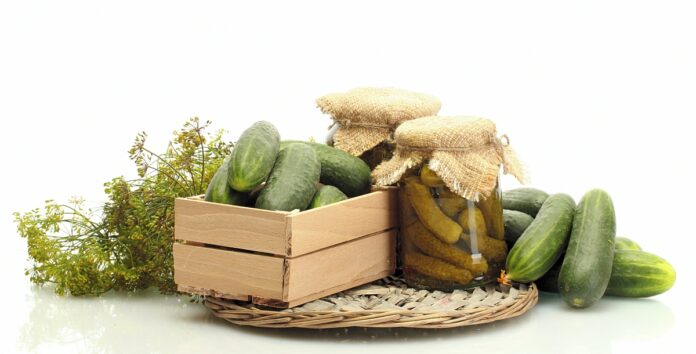Cucumbers have long been a staple ingredient of summer salads, dipping platters and pickle but perhaps best of all, they are quick and easy to grow. In general, spring is the best time to plant cucumbers in New Zealand so it pays to plan ahead to ensure we won’t be left a salad short of a picnic come summer!
Native to tropical Asia, and also of Egypt, cucumbers (related to watermelons) will reward gardeners with long, juicy produce for months on end. There are several varieties available including:
- Telegraph: long and slender, growing 20-32 cm with a mild taste.
- Apple: pale lemon in colour, round in shape with a sweet flavour and crisp, juicy flesh
- Lebanese: tender skin and sweet mild tasting flesh, grows to about 15cm
- Short or Stubby: skin is tougher and less even than telegraphs. They are usually peeled and (sometimes) the seeds are removed
- Gherkin: very small and generally used for pickling
For a solid head start, sow seeds in trays moving seedlings into pots once they have germinated. Because seeds are subject to fungal problems when germinating, make sure trays aren’t too wet and seedlings are kept in a well-ventilated area.
The finest cucumbers are those grown under glass, generating very early crops, if fitted with a hot water service or some other means to provide artificial heat. Because cucumbers like heat and moisture, glasshouse conditions are perfect so long as good ventilation is available. High humidity will encourage pests and diseases, so remember to open vents or doors on glasshouses often.
When growing outdoors, create a support structure or frame for them to climb and choose a warm, sunny spot. In particular, telegraph varieties will produce long straight cucumbers if trained up wires and kept off the ground. Prepare soil with compost and sheep pellets as well as a layer of vegetable mix. Water and feed regularly and harvest regularly to encourage ongoing flowering and fruiting.
Cucumbers are very frost tender and cold harsh winds give them such a check that they become stationery for a time. They can bounce back but never properly recover from harsh frosts while still in their seedling state.
Water more frequently during hotter weather. Known as gross feeders, cucumbers enjoy regular applications of fertiliser. Remove any dead or diseased parts of the plants.
Regular harvesting will encourage new flowers and fruit. As a rule of thumb, telegraph types are ready when cucumbers are 20cm long and apple varieties reach the size of an apple. When ripe, the apple variety will have small white spines (soft prickles) and faint green markings.
After harvesting, keep cucumbers in the fridge for use in salads or sandwiches – for that regal touch! In addition, as they also make tasty additions to chutneys and pickles, they can be processed and enjoyed year-round.




